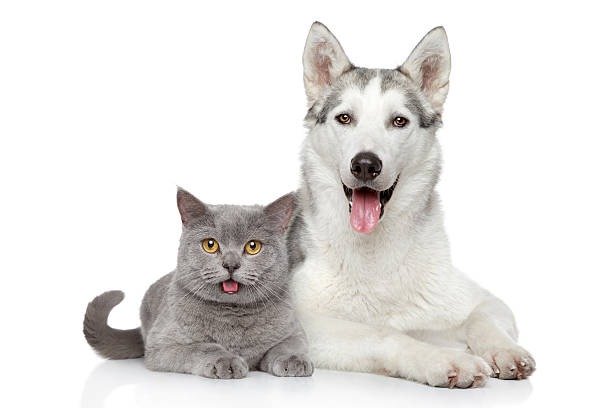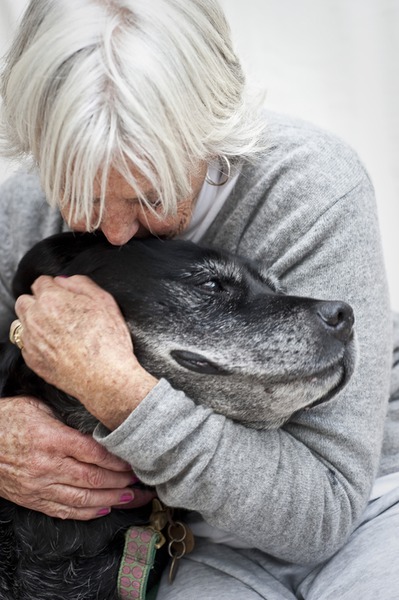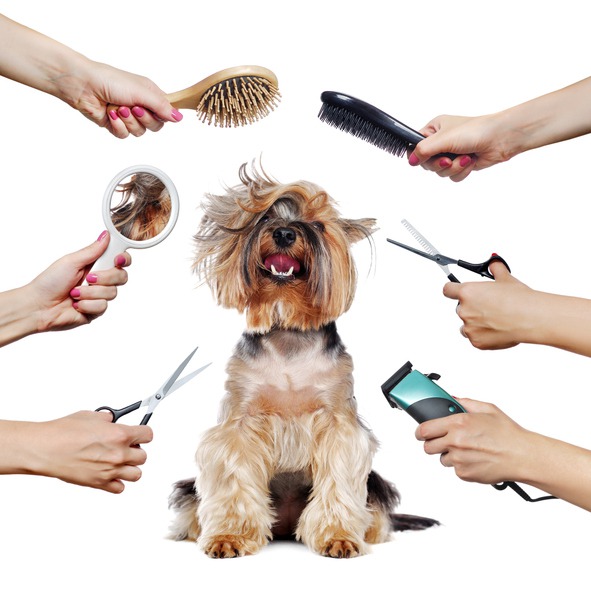Everyone adores a new puppy or kitten, whether for the puppy’s sweet breath or rough kisses. What should you do after bringing your new pet home?
How to keep your new pet fit and healthy.
Each new puppy or kitten owner should take the following steps to keep their pet healthy and on track:
Veterinarian Visit
Each puppy and kitten should visit a veterinarian within the first week if you are moving into a new home. A veterinarian will perform a standard wellness exam on your new puppy or kitten to ensure its health. You can also check their site to see what other services they offer. In addition, if you purchased your pet from a breeder, you should ensure that the breeder fulfilled all of its initial health guarantees.
Most vaccinations for dogs and cats begin around eight weeks of age and follow a schedule that includes all necessary vaccinations. Because a mother’s immunity is still active, vaccinations administered before eight weeks are generally ineffective. At eight, twelve, and sixteen weeks, puppies receive a combination shot and a Rabies vaccination. Vaccinations against Bordetella, Corona, and Leptospirosis are optional, depending on the risk in your area or your dog.
Kittens also receive a combination vaccine consisting of a Feline Leukemia vaccination and a Rabies vaccination. In addition to vaccinations, a veterinarian will examine your new puppy or kitten for several other conditions. If your pup is older than six months, it should be tested for heartworms, and if it is older than six months, it should be tested for Feline Leukemia.
During the initial visit, it is also a good time to check for intestinal parasites such as tapeworms, roundworms, hookworms, and whipworms. In addition, a stool sample or examination will exclude Giardia and Coccidia-causing parasites.
Your Pet’s Nutrition
All puppies and kittens should be fed age-appropriate, high-quality food. To prevent excessive growth, large-breed puppies should consume food formulated for their size. Consult your veterinarian for more information and if you are still deciding what to feed your pet. Numerous pet food stores offer free samples of a variety of foods.
Your new dog or cat will need more than one or two meals daily. Depending on their age, most puppies require three to four daily meals. Kittens are comparable, and you may freely feed them. Because they are natural grazers who prefer to eat small amounts at once, many cats enjoy free feeding. Inadequate food distribution throughout the day will result in lethargy in your puppy or kitten. To prevent hypoglycemia in small puppies such as Chihuahuas, you should frequently feed them small amounts of food.
Train Your Pet
Pet’s training should commence as soon as it arrives. Puppies should begin puppy training classes early between their first and second vaccinations. Socialization is essential, particularly between eight and twelve weeks of age. Kittens cannot enroll in a physical training class, but they should begin training for litter box use and other household rules, such as furniture climbing, plant digging, and biting. You should visit a pet boarding in Rochester, NY, for pet socializing.
Kittens and cats can be trained using positive reinforcement and clickers in the same manner as dogs and other pets. Adhering to a closely monitored schedule for veterinary visits to keep your pet’s vaccinations up-to-date and to schedule a spay or neuter operation by your pet’s sixth month birthday will keep it on track for adulthood.
Continue socializing and training your aging puppy or kitten to prevent the development of undesirable behaviors before they become an adult. You can switch your pet from puppy or kitten food to adult formula at one year of age. Keeping all of these suggestions in mind as your pet ages will ensure his continued happiness and good health.
Conclusion
Unsurprisingly, puppies and kittens make excellent house pets and are the best animals for the entire family. Before purchasing puppies or kittens, you should consider your family and your needs. Remember that owning a pet is a significant responsibility; therefore, only acquire puppies and kittens if you are prepared.





